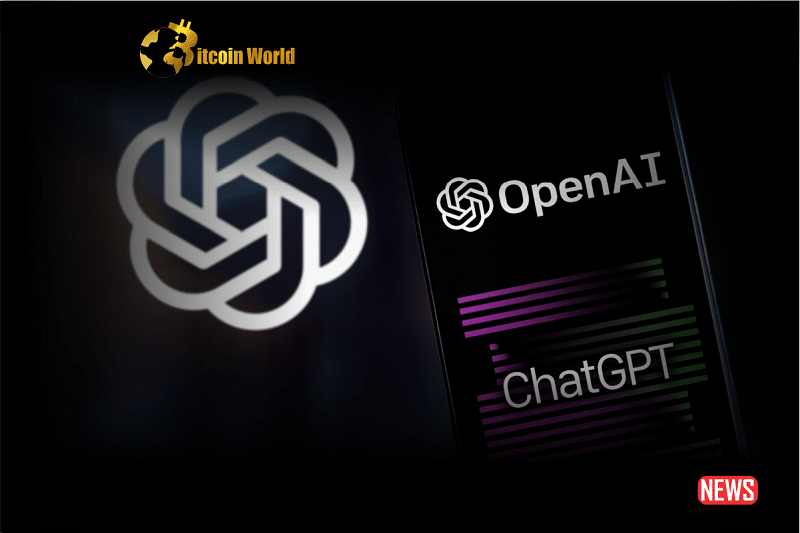Remember the awe we felt when ChatGPT burst onto the scene? This brilliant AI chatbot seemed capable of almost anything. But recent findings might make you raise an eyebrow. Researchers from Stanford and UC Berkeley have uncovered a curious trend: ChatGPT’s performance seems to be slipping. Let’s dive into what this means for the future of AI.
ChatGPT’s Performance Under the Microscope: What Did the Study Find?
The study, conducted on July 18th, put different ChatGPT models through a series of tests. The goal? To see if the chatbot’s ability to provide accurate answers had changed over time. Researchers Lingjiao Chen, Matei Zaharia, and James Zou focused on key areas:
- Math Problems: Could ChatGPT still crunch the numbers?
- Sensitive Questions: How did it handle tricky ethical dilemmas?
- Coding Tasks: Was it still a reliable coding assistant?
- Spatial Reasoning: Could it navigate logical puzzles?
The Shocking Results: A Tale of Two Models
The results revealed a significant divergence between ChatGPT-3.5 and ChatGPT-4. Here’s a breakdown of the key findings:
ChatGPT-4: A Notable Dip
Imagine this: in March, ChatGPT-4 aced a prime number identification test with an impressive 97.6% accuracy. Fast forward to June, and that same accuracy plummeted to a mere 2.4%. That’s a dramatic shift!
ChatGPT-3.5: An Unexpected Improvement
Interestingly, the older GPT-3.5 model showed the opposite trend. It actually got better at identifying prime numbers during the same period. This contrast raises intriguing questions about the changes happening under the hood.
Coding Capabilities: A Shared Struggle
Both models experienced difficulties in generating new code between March and June. This suggests a potential shift in how the models approach coding tasks.
Handling Sensitive Topics: A Change in Approach
The way ChatGPT responded to sensitive questions also evolved. Earlier versions would often provide detailed reasoning for declining to answer. However, by June, the responses became more concise, often simply apologizing and refusing. Some instances even showed an unexpected focus on ethnicity and gender, raising concerns about potential biases.
Why Is This Happening? The Mystery Remains
Despite careful analysis, the researchers couldn’t pinpoint the exact reasons behind this performance decline. This highlights the complex and sometimes unpredictable nature of large language models. The study emphasizes a crucial point: AI model behavior isn’t static. It can change significantly in a short time.
What Does This Mean for You? Key Takeaways
This research has important implications for anyone relying on ChatGPT or similar AI models:
- Continuous Monitoring is Key: The study underscores the need to constantly monitor the performance of AI models. Don’t assume consistent quality over time.
- Implement Your Own Checks: If you’re using LLMs in your workflows, consider implementing your own checks and balances to ensure the chatbot’s output remains reliable and accurate.
- Be Aware of Fluctuations: Understand that the performance of these models can fluctuate, and be prepared for potential inconsistencies.
OpenAI’s Proactive Stance: Addressing Future AI Risks
It’s worth noting that OpenAI is actively thinking about the future of AI. On June 6th, they announced the formation of a dedicated team focused on managing the potential risks associated with superintelligent AI systems. This proactive step demonstrates their awareness of the challenges and opportunities that lie ahead.
Looking Ahead: Ensuring Reliable AI
The findings of this study serve as a valuable reminder: we need to stay vigilant and closely monitor the evolution of AI models like ChatGPT. By understanding the potential for performance fluctuations and proactively addressing these challenges, we can ensure that AI chatbots continue to be powerful and reliable tools, upholding accuracy and ethical standards. The journey of AI development is ongoing, and continuous evaluation is essential to navigate its complexities and harness its full potential.
Disclaimer: The information provided is not trading advice, Bitcoinworld.co.in holds no liability for any investments made based on the information provided on this page. We strongly recommend independent research and/or consultation with a qualified professional before making any investment decisions.




